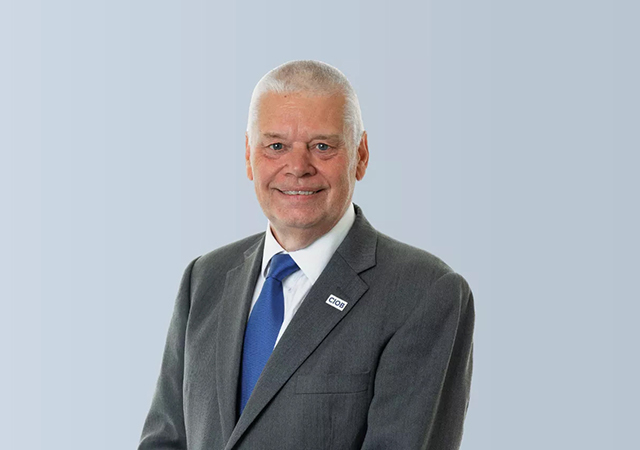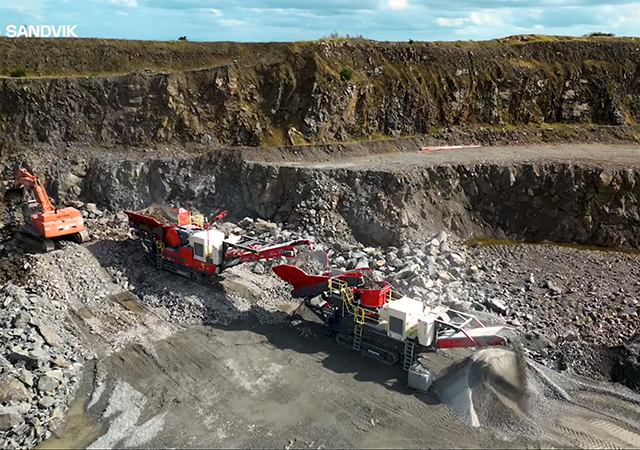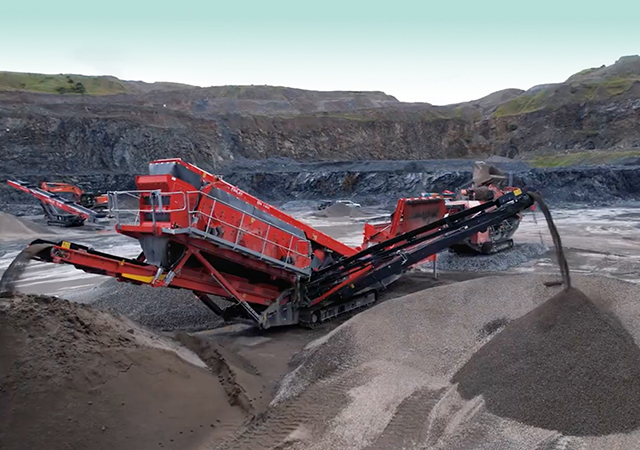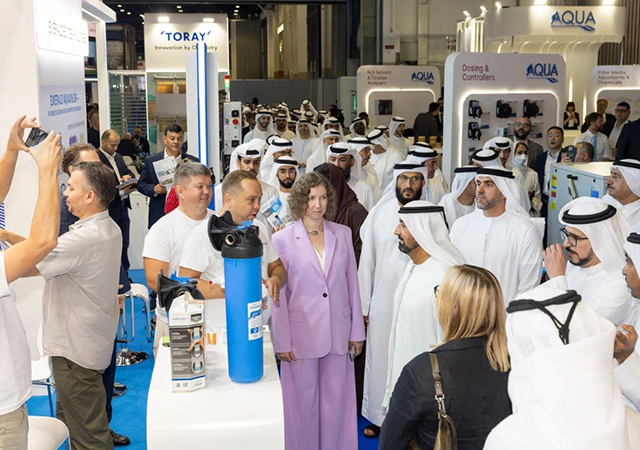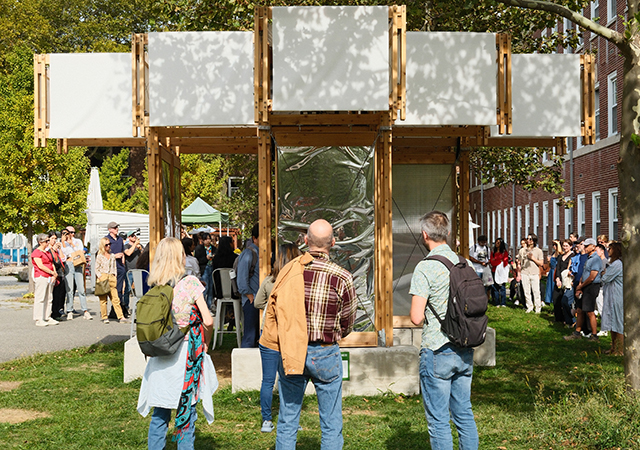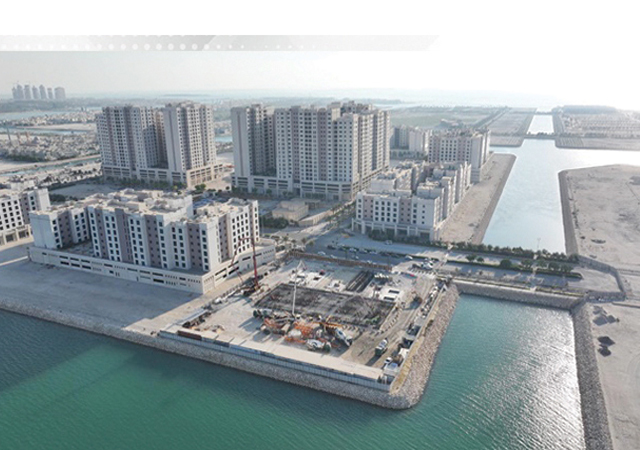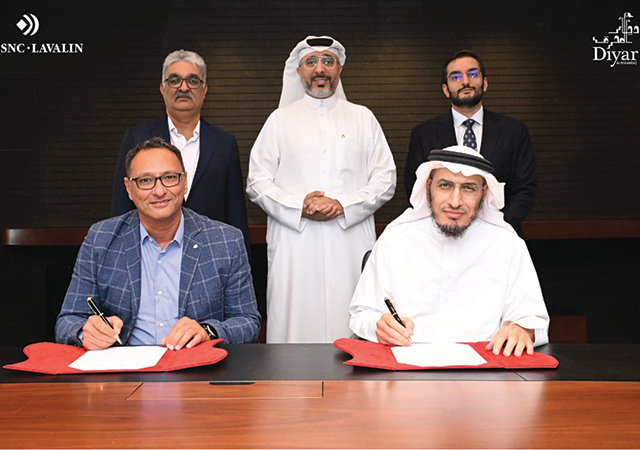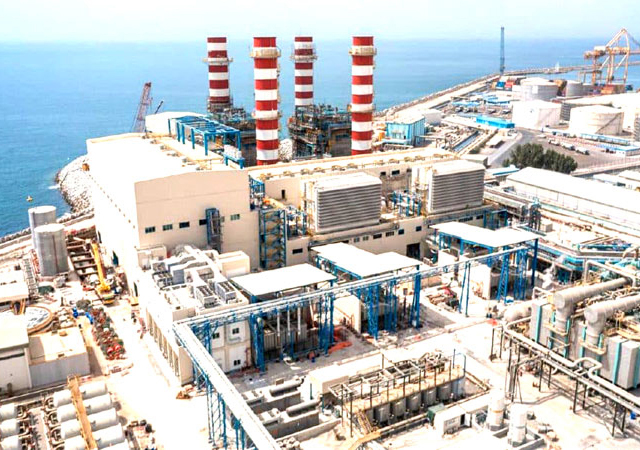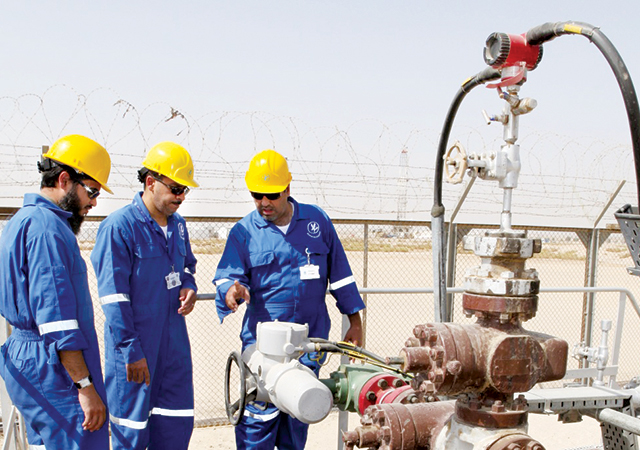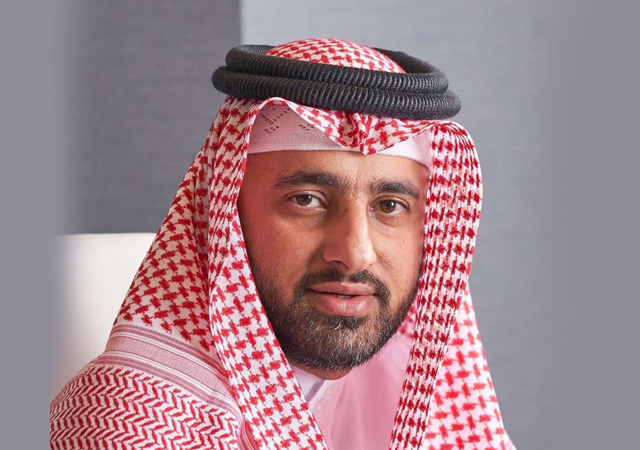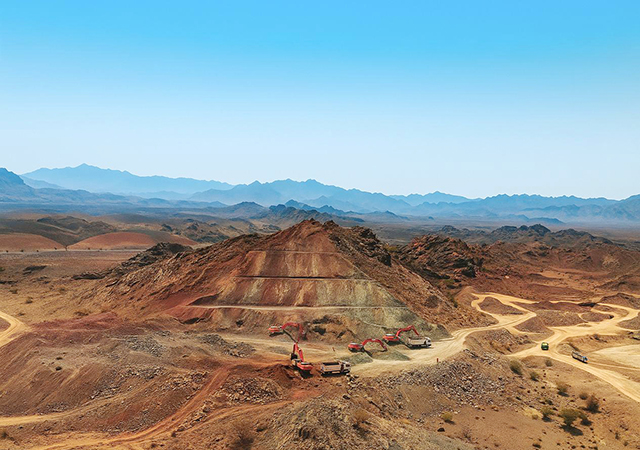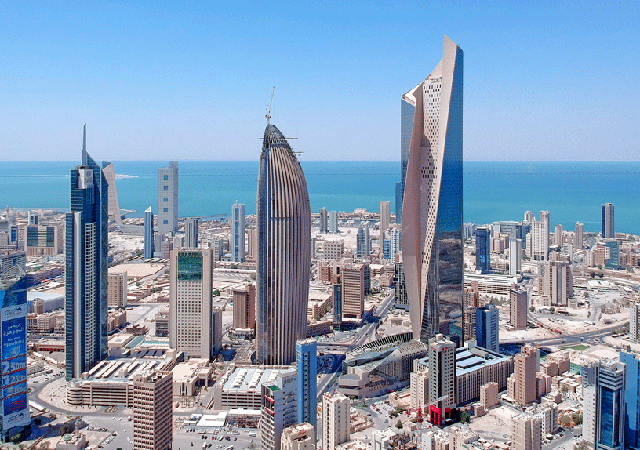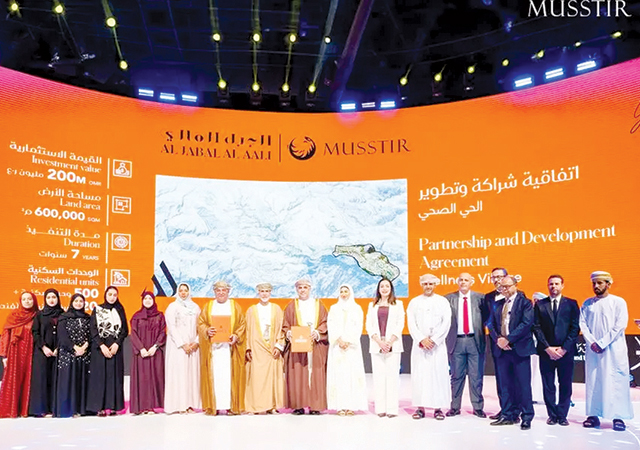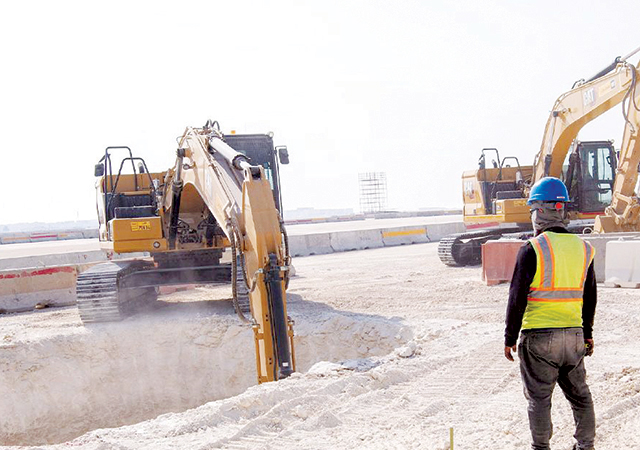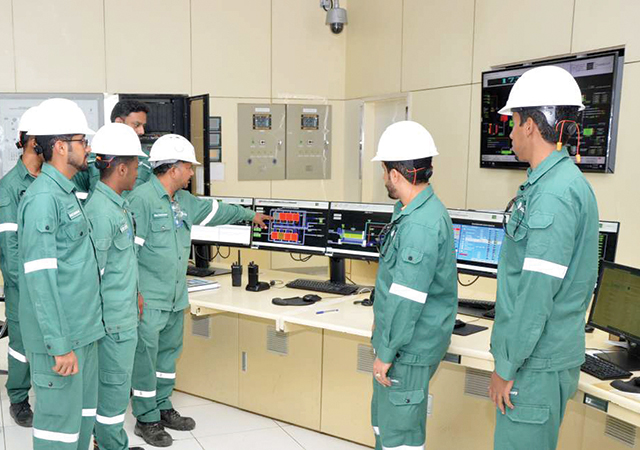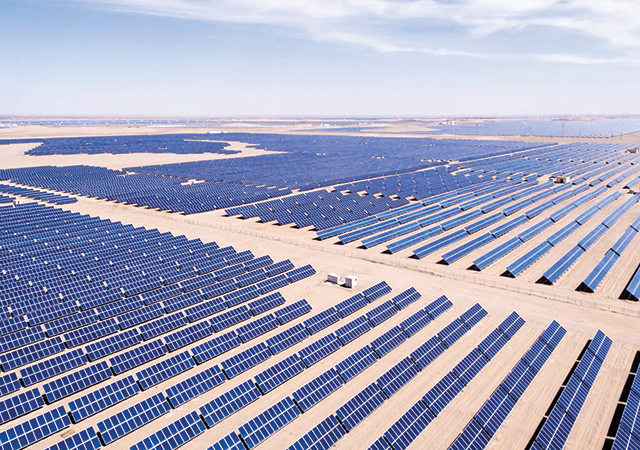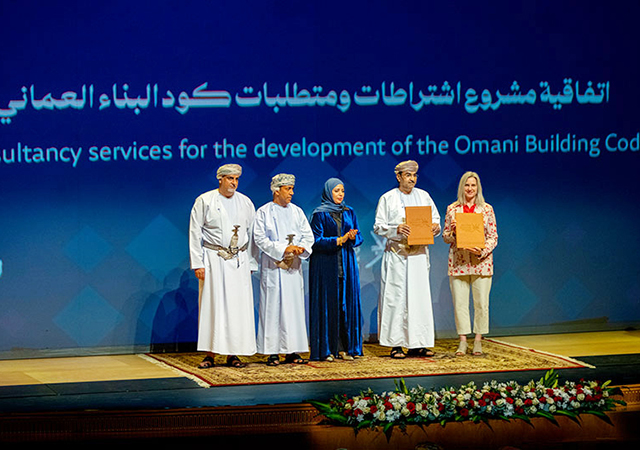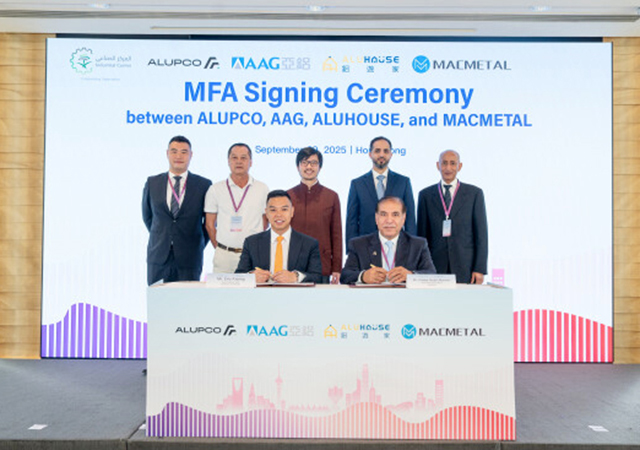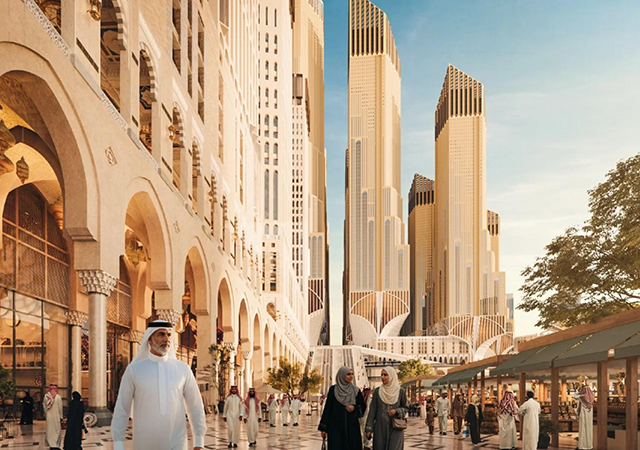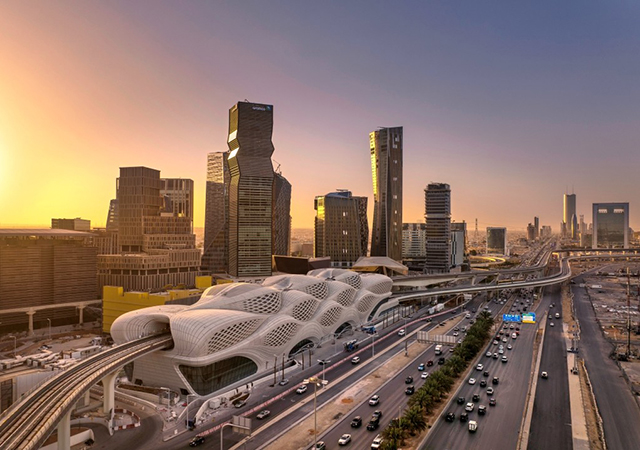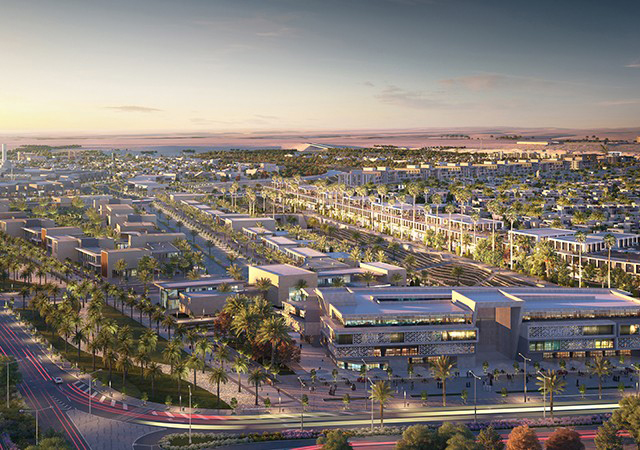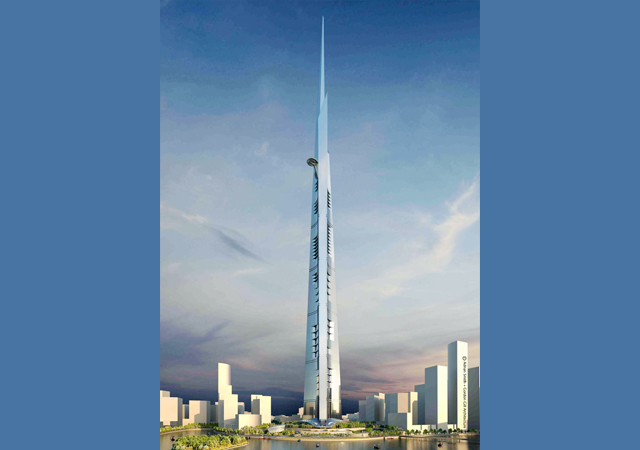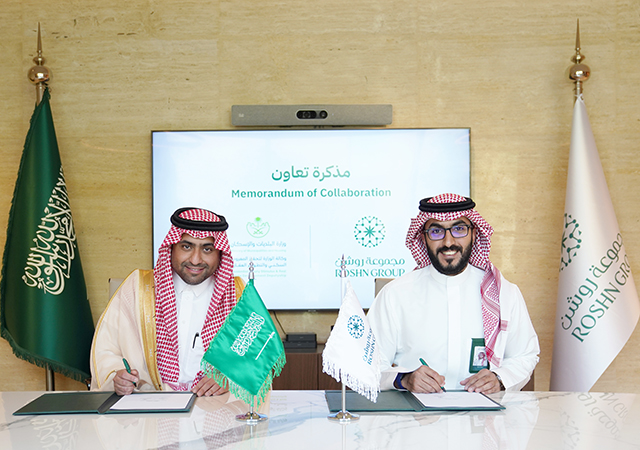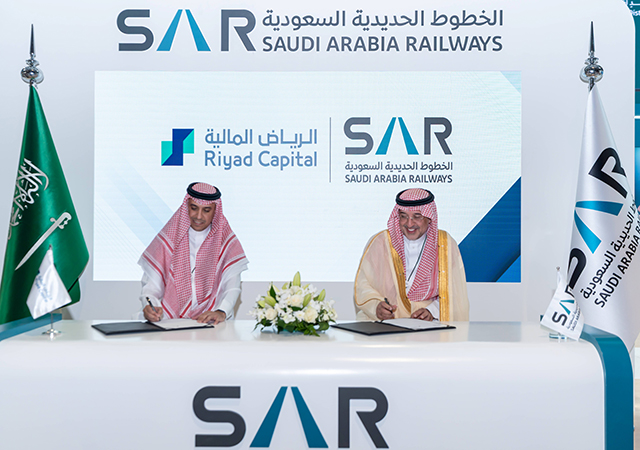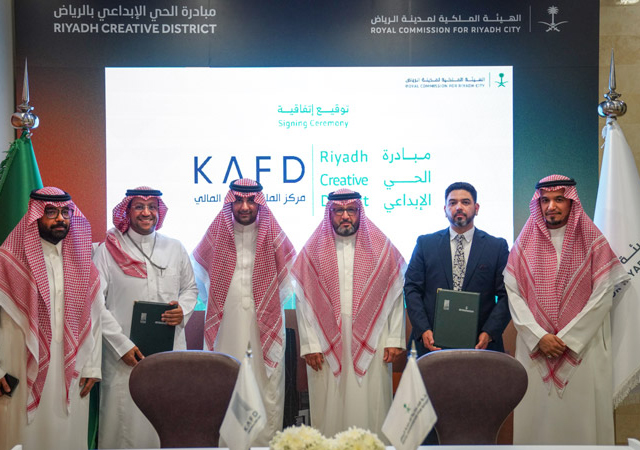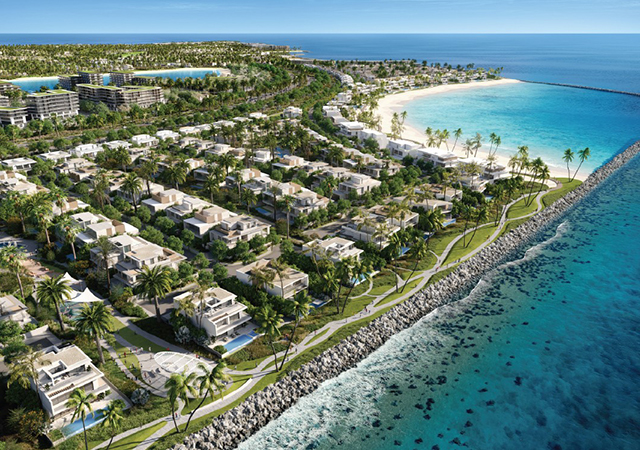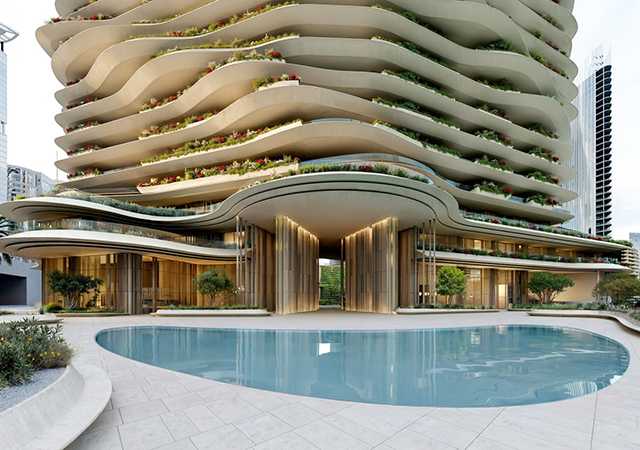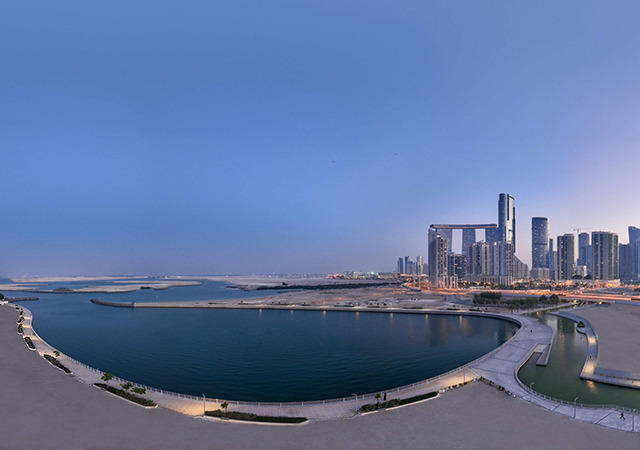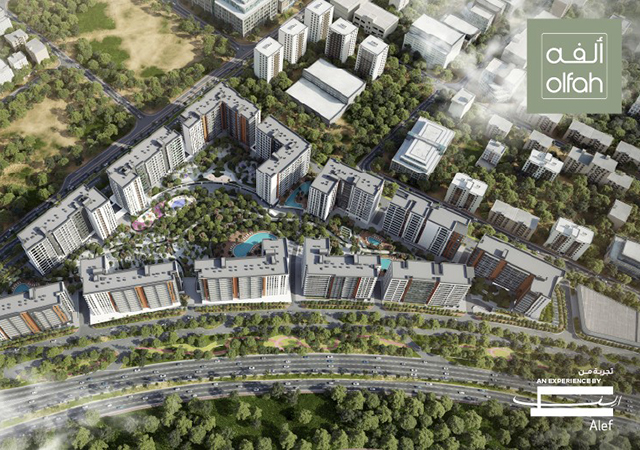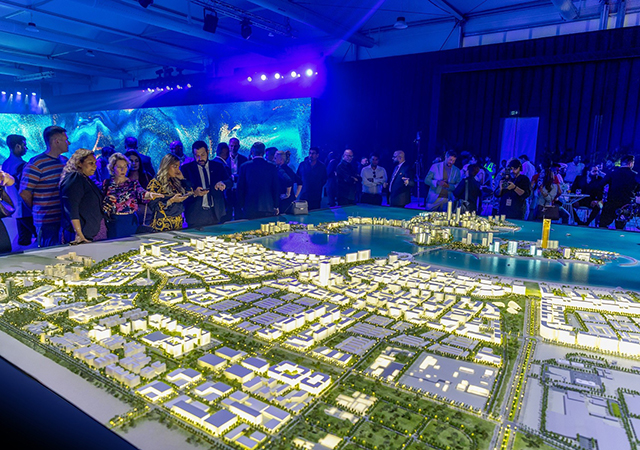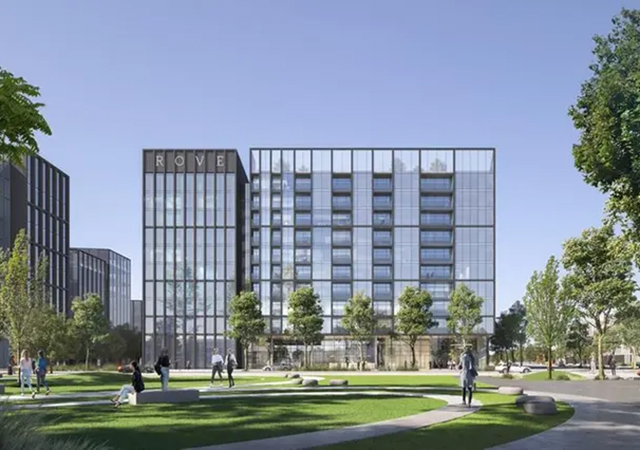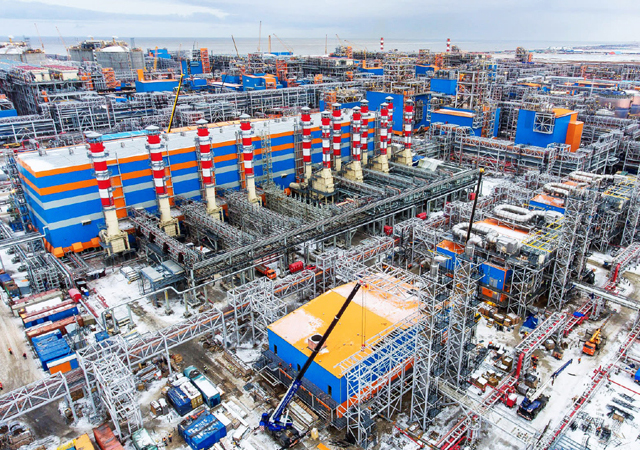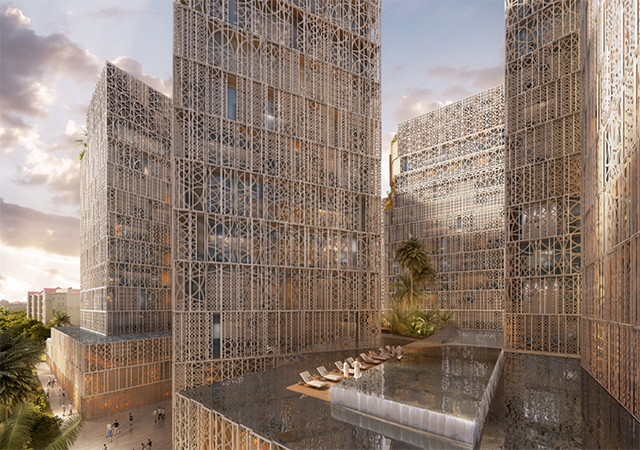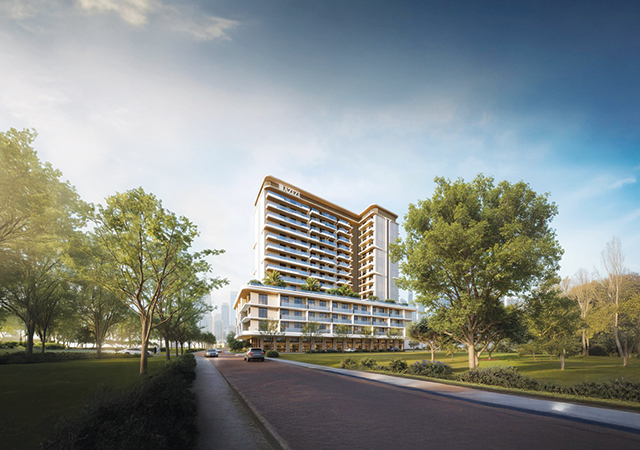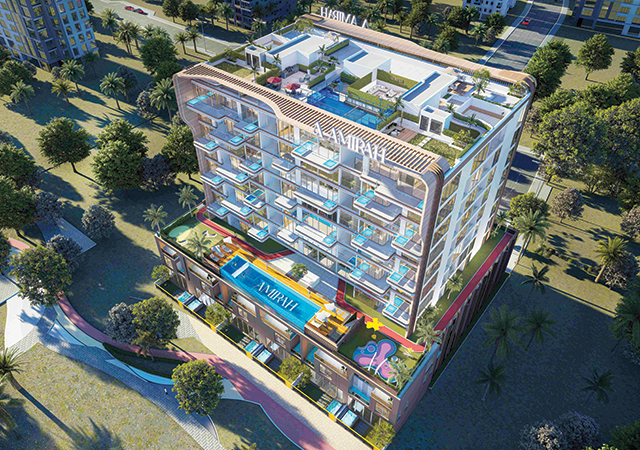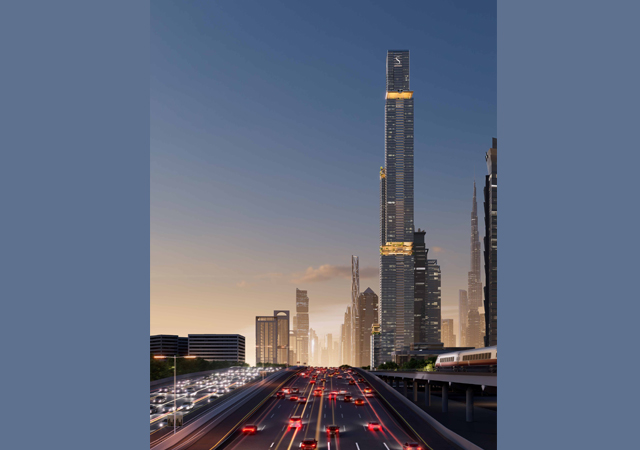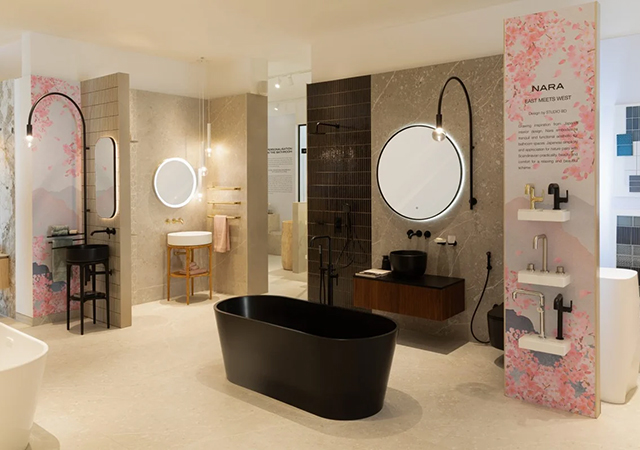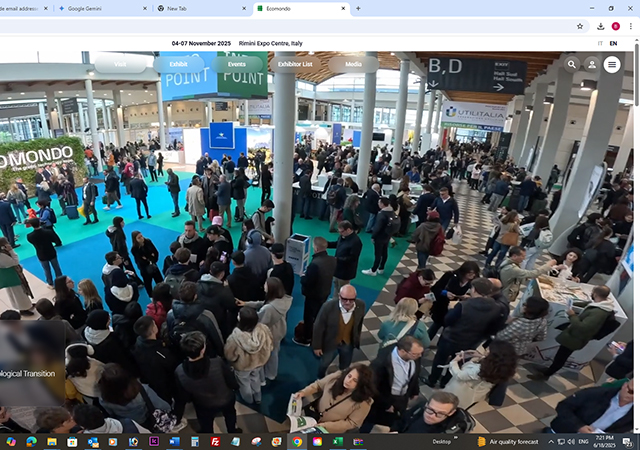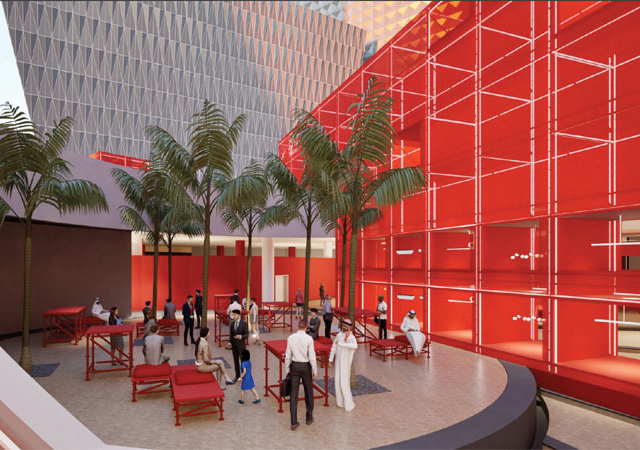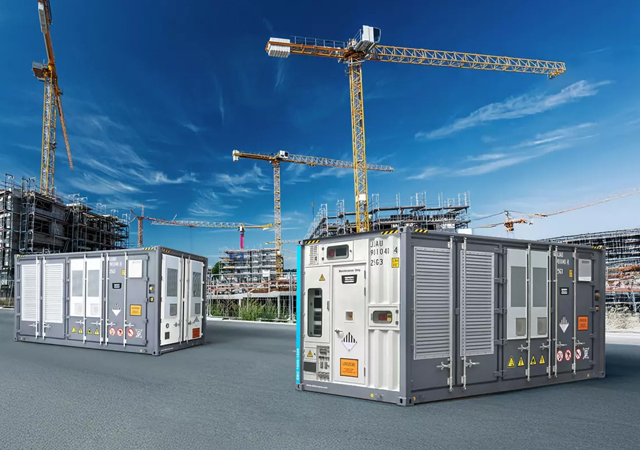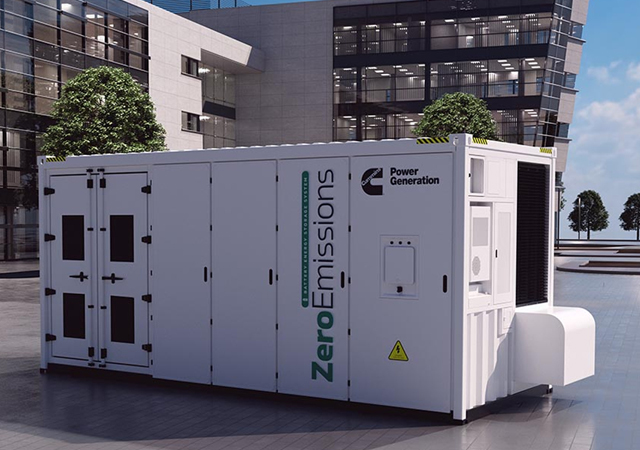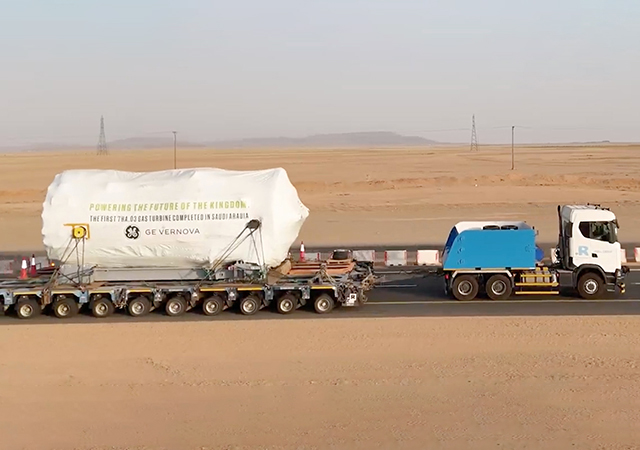
 The first HA.03 gas turbine from GE Vernova’s Dammam facility on its way to the Taiba 1 power plant.
The first HA.03 gas turbine from GE Vernova’s Dammam facility on its way to the Taiba 1 power plant.
In a significant development for Saudi Arabia's energy sector, GE Vernova has successfully rolled out and delivered the first HA.03 gas turbine from its Dammam facility, the company announced.
The HA.03, described as GE Vernova's largest, most advanced, and most efficient gas turbine, was delivered to the Taiba 1 Plant located about 100 km southeast of Madinah. The Taiba 1 plant will have a capacity of 1,800 MW and is slated for completion in 2027. The engineering, procurement and construction (EPC) contract is led by China’s SEPCOIII, while the plant is being developed by ACWA Power, along with consortium partners Saudi Electricity Company and Haji Abdullah Alireza & Co.
GE Vernova lauded the team at its GESAT facility in Dammam for “delivering this world-class technology at world-class safety and quality standards”.
The achievement marks a “next great milestone on GE Vernova's energy sector localisation journey, in support of Saudi Vision 2030,” according to the company. The rollout and delivery were captured in a video shared on the company's LinkedIn page, showcasing the turbine's journey through the kingdom to its final destination.
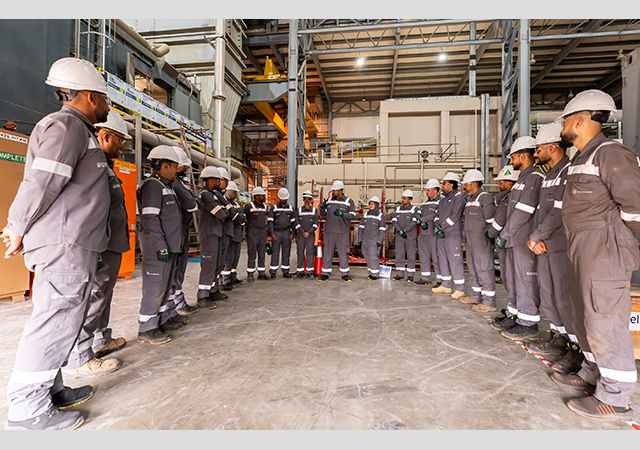 |
|
Saudi engineers, specialists, and technicians who were engaged on the first gas turbine outage project in the kingdom. |
GE Vernova, the energy technology company spun off from General Electric, is deepening its role in Saudi Arabia’s power sector through large-scale manufacturing investments, major turbine supply contracts, and efforts to cultivate local engineering talent, in line with the kingdom’s Vision 2030 goals.
The company’s investments in the kingdom include the Khobar Integration Facility (KIF) for grid solutions, as well as the GE Manufacturing and Technology Center (GEMTEC) campus in Dammam, which encompasses a Services and Repairs Center for gas turbines, the GE Saudi Advanced Turbines (GESAT) facility for the manufacturing of gas turbines, components and accessory modules, the GE MENA Decarbonization Center of Excellence, and a Monitoring & Diagnostics Center for the remote monitoring of power generation assets.
GE Vernova intends to make a significant investment to expand its GESAT facility, which will enable the local production of high-voltage gas-insulated switchgear, marking the establishment of the first GE Vernova facility of its kind in the Middle East. The investment is part of the company’s broader strategy to support Saudi Vision 2030, including the timely delivery of essential, long-lead equipment critical for the modernisation of the country's electrical infrastructure.
GE Vernova will also be expanding production capacity at its GEMTEC facility to increase its grid automation products, services, and solutions in Saudi Arabia. This investment aims to accelerate grid digitalisation and modernisation, reinforcing its long-term commitment to a more efficient, reliable, and sustainable power network.
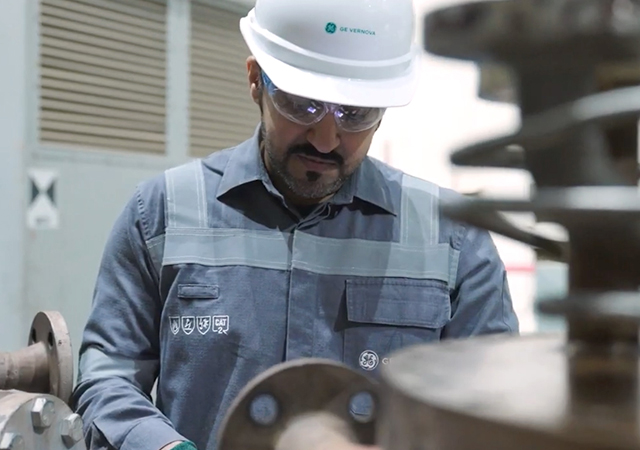 |
|
GE Vernova and SEC completed the first-ever heavy-duty gas turbine outage carried out by Saudi engineers at a power plant in Riyadh. |
A landmark manufacturing milestone was achieved with the completion of the first H-Class gas turbine entirely built at GESAT – a major boost for the “Made in Saudi” initiative and a signal of the country’s growing industrial capability in advanced power equipment.
On the projects side, last year GE Vernova secured its largest-ever order in the Middle East and Africa, involving the supply of six 7HA.03 and two 7E.03 gas turbines for the Taiba 1 and Qassim 1 combined cycle power plants, together expected to generate up to 3.8 GW of electricity. The order came from SEPCOIII Electric Power Construction Co.
In May this year, GE Vernova won an order for five 7H-Class gas turbines – three 7HA.03 and two 7HA.02 units – from Técnicas Reunidas and Orascom Construction. The two companies have signed, under a 50-50 joint venture, the EPC contract for Qurayyah Independent Power Plant (IPP) Expansion Project in the Eastern Province.
This expansion project, a 3 GW combined cycle gas-fired power plant with readiness to build a carbon capture unit, aims to bolster electricity production capacity and enhance operational efficiency in Saudi Arabia.
GE Vernova has also signed a 21-year service agreement with ACWA Power’s National Operations & Maintenance Company (NOMAC) to provide maintenance, repairs, and advanced analytics for the new plants, aiming to ensure peak performance and reduced downtime.
In a separate operational success, GE Vernova and SEC completed the first-ever heavy-duty gas turbine outage wholly planned and executed by Saudi engineers at SEC’s eighth power plant in Riyadh. The plant is a strategic facility that plays a crucial role in addressing the growing electricity demands of the capital. With a production capacity exceeding 1,700 MW, it significantly enhances the stability of the electrical grid in Riyadh and its surrounding areas. The plant comprises several blocks, one of which is equipped with four of GE Vernova’s 7F gas turbines, collectively capable of producing close to 500 MW.
The project also represented an important milestone: It was the first gas turbine outage planned and executed in the country entirely by Saudi engineers, specialists, and technicians, and it highlights GE Vernova’s and SEC’s commitment to fostering local talent.
The company has also undertaken front-end engineering and design (FEED) studies for decarbonisation technologies at three Saudi cogeneration plants, signalling increased focus on carbon reduction in industrial power generation.
GE Vernova Chief Executive Scott Strazik said the company’s initiatives support both Saudi Arabia’s energy transition and industrial localisation objectives, while strengthening US-Saudi industrial ties. “We are committed to expanding capacity, creating jobs, and delivering technology that supports a reliable, sustainable, and efficient energy future,” he said.
With almost 90 years in the kingdom and over 850 employees, GE Vernova’s combined investments – in manufacturing, advanced technology, training and digital solutions – are aimed at positioing the company as a pivotal partner in Saudi Arabia’s drive to modernise its power sector and achieve net-zero ambitions by 2060.



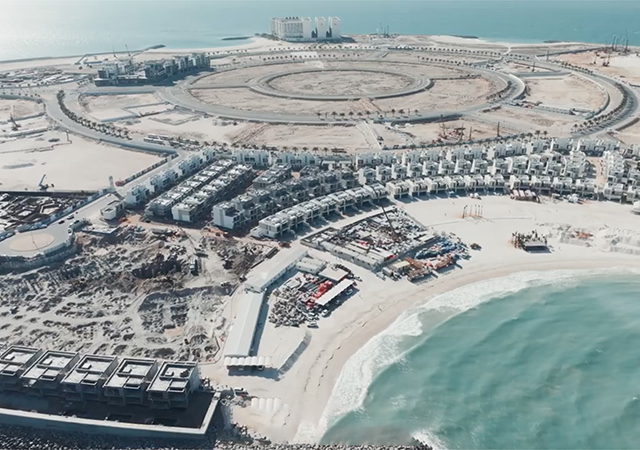

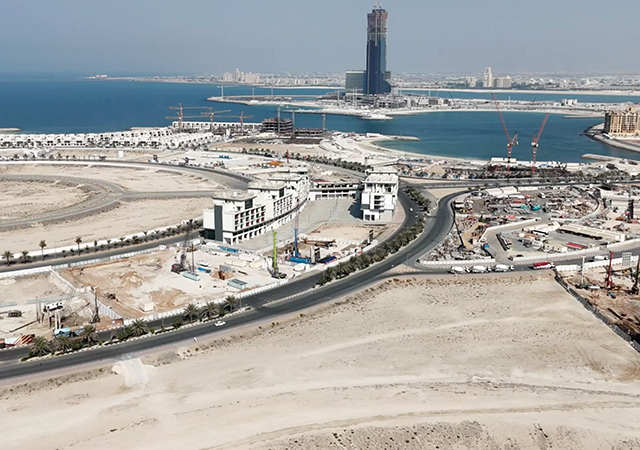
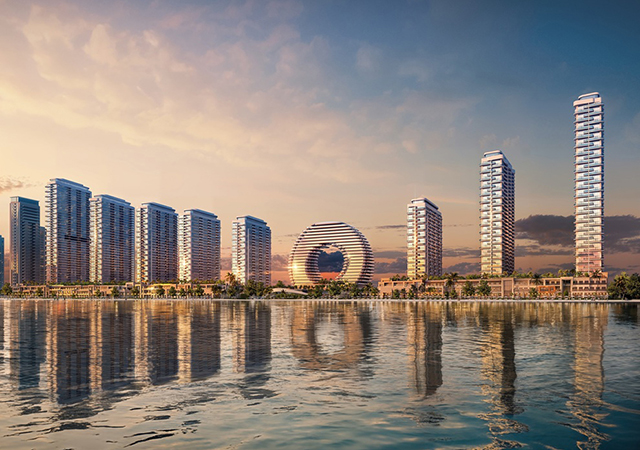
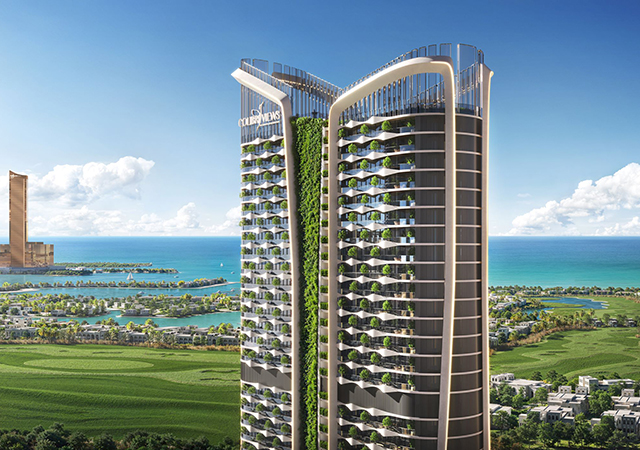
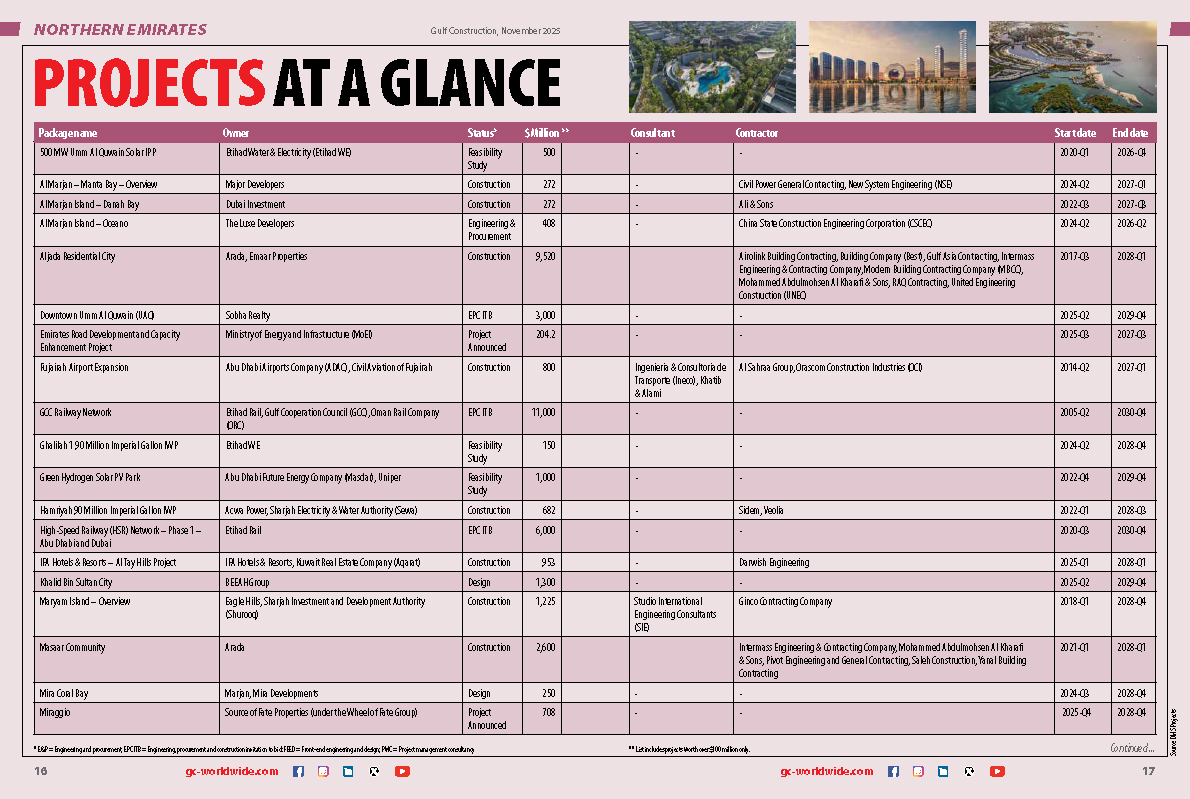
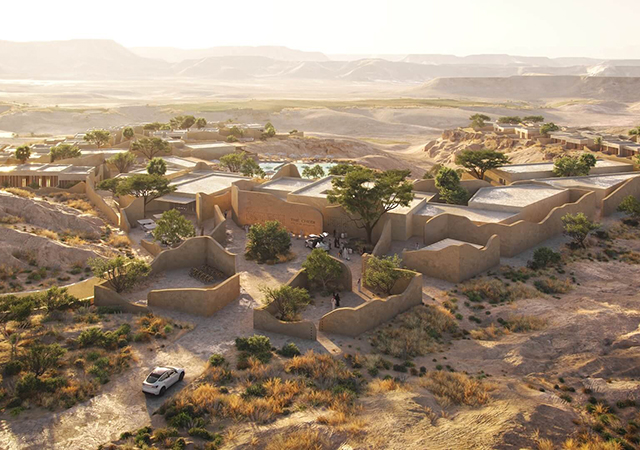
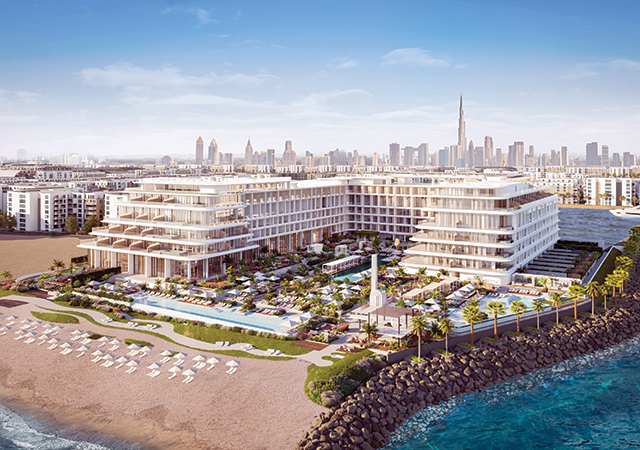
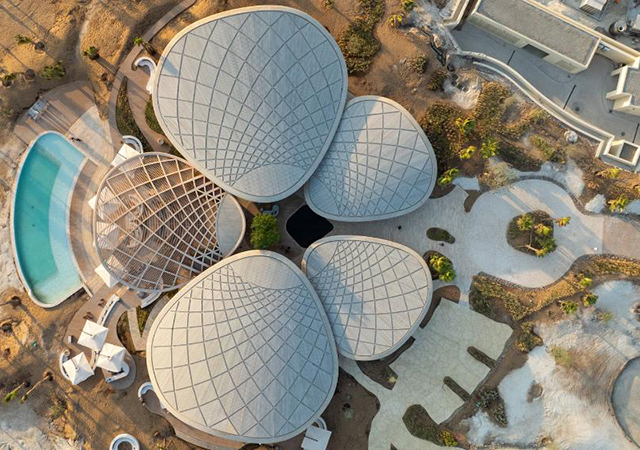

(5).jpg)
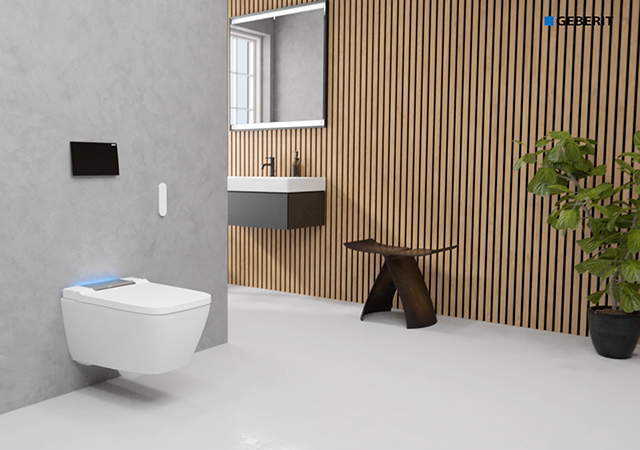
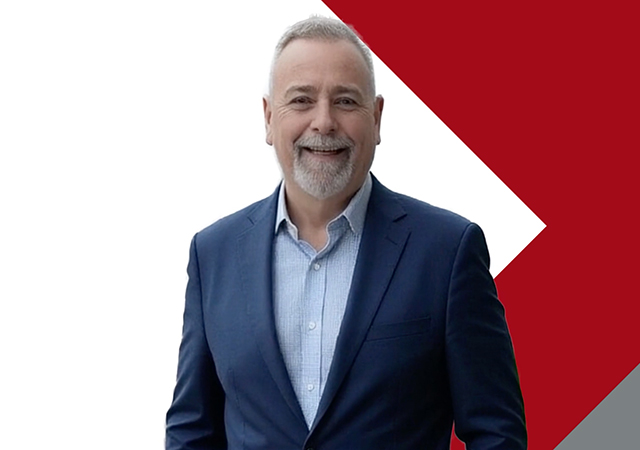

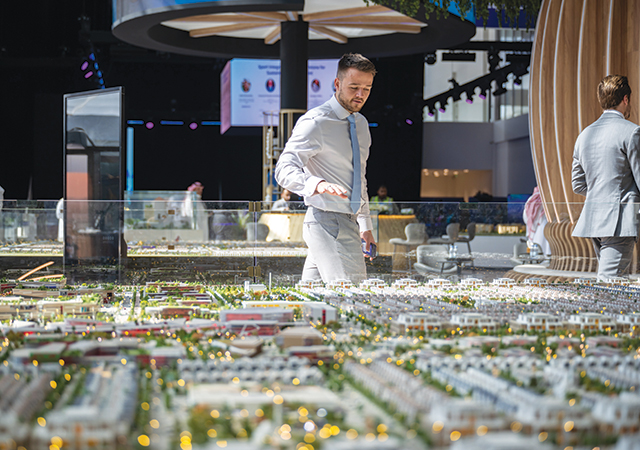
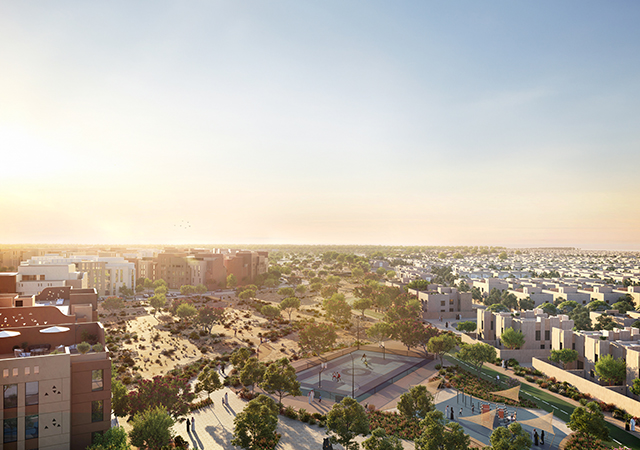
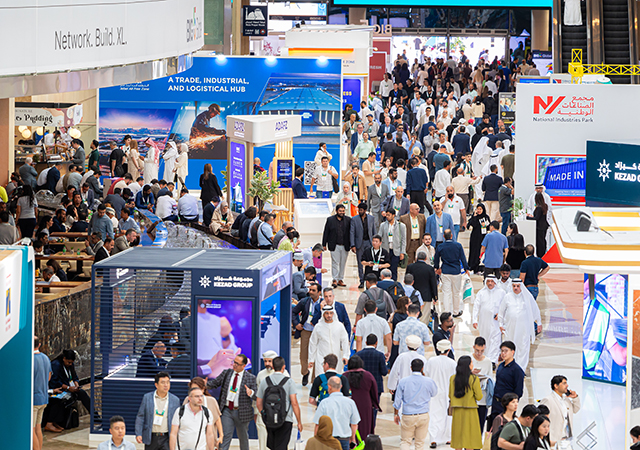
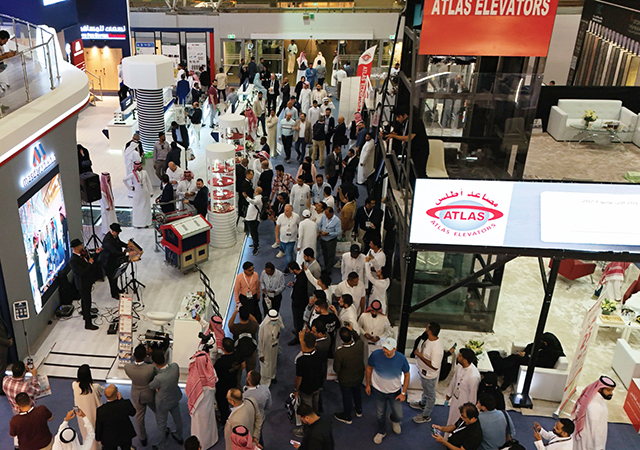

.jpg)
